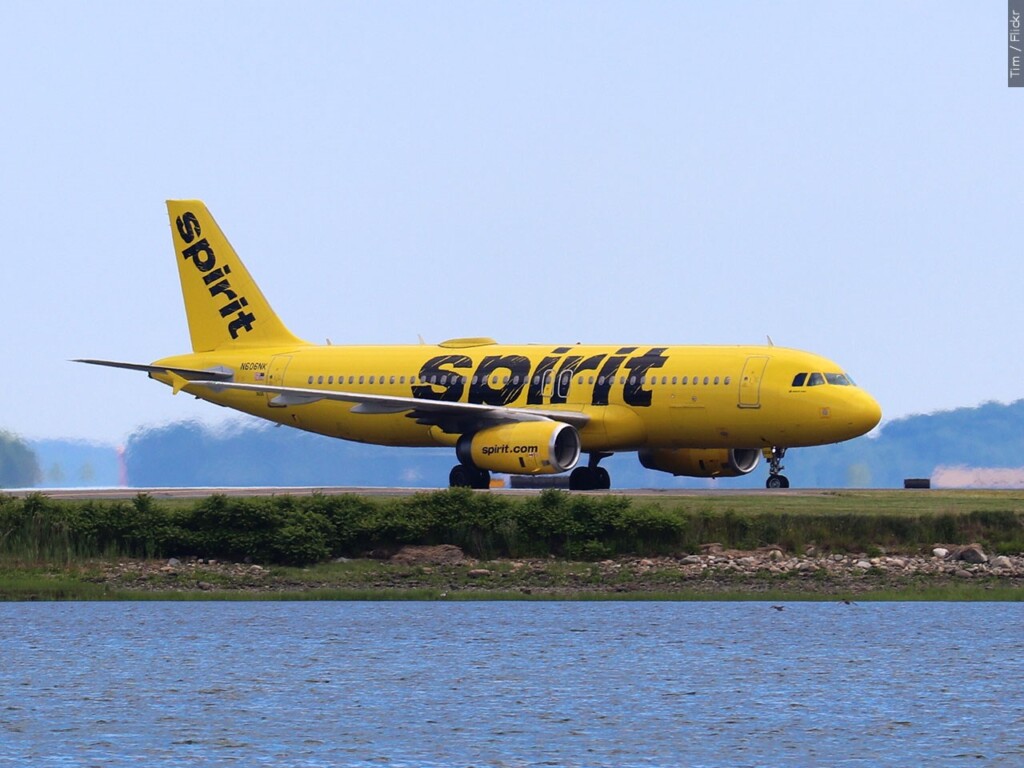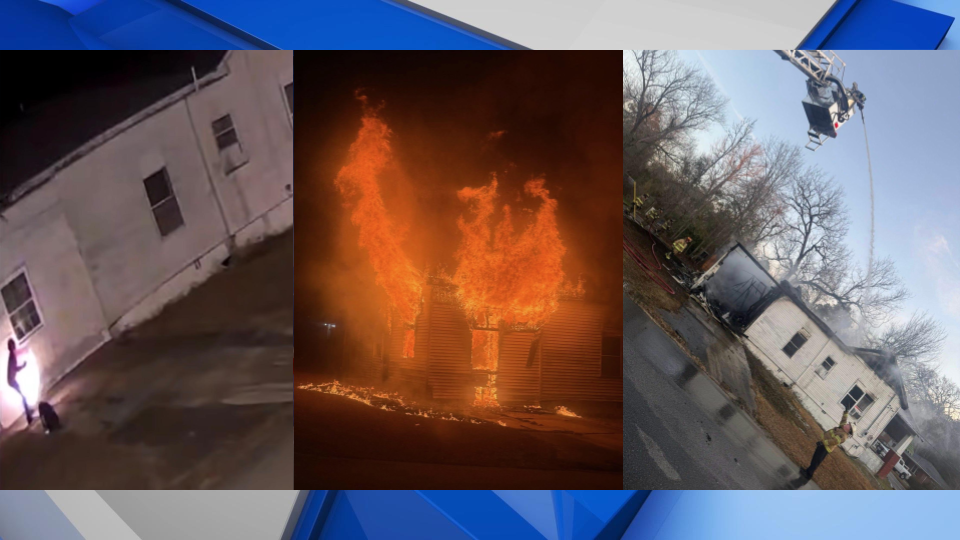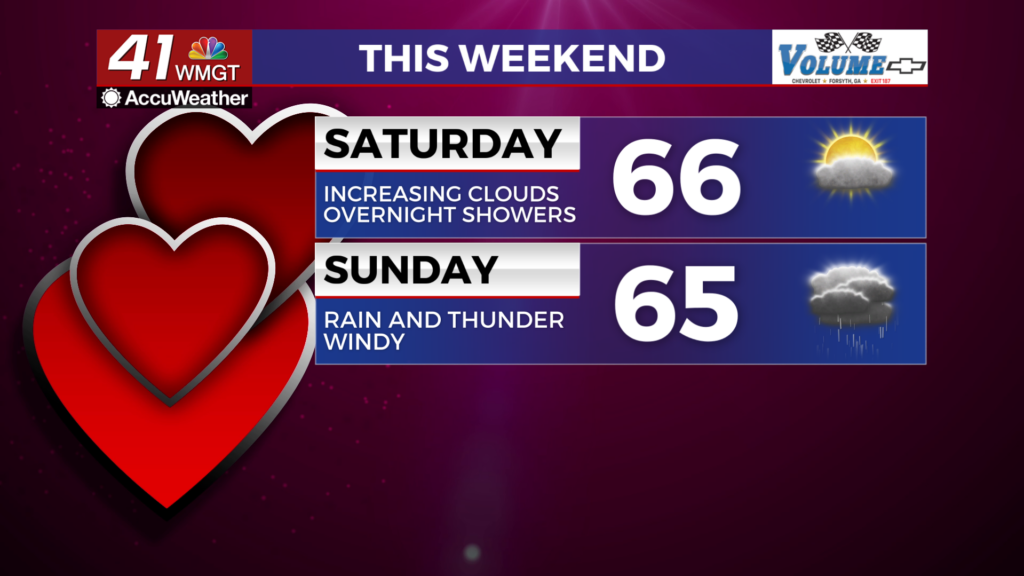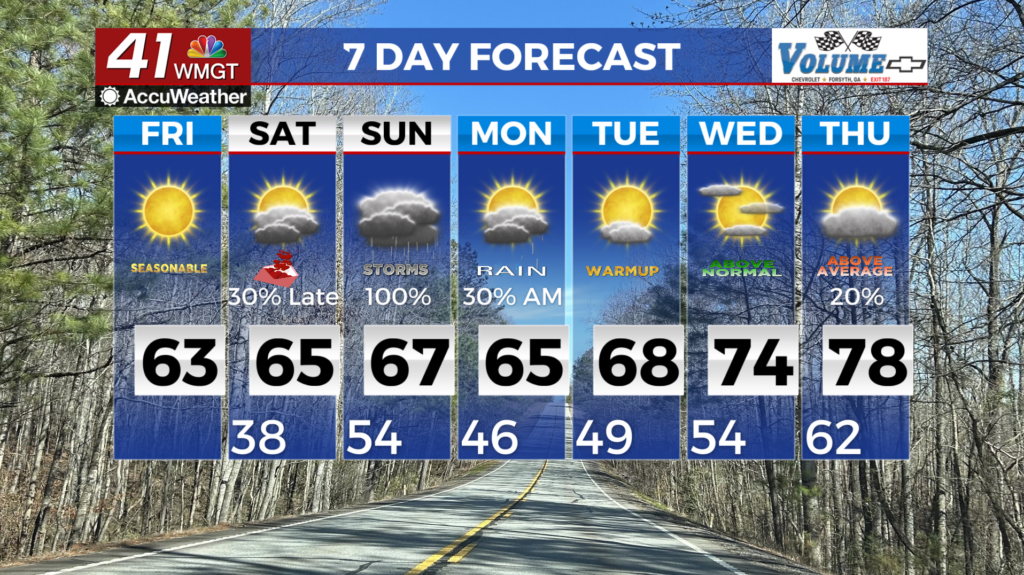Morning Business Report: Fed holds steady, Spirit furloughs pilots, airlines face scrutiny over ‘single tax’
The Federal Reserve begins a two-day policy meeting today, with expectations that interest rates will remain unchanged.

(LILAMAX)- The Federal Reserve begins a two-day policy meeting today, with expectations that interest rates will remain unchanged.
Despite mounting pressure from President Trump to lower rates, officials are widely anticipated to keep the current levels steady. For consumers, that means rates on short-term loans—such as credit cards and auto loans—are expected to hold firm.
In the airline industry, Spirit Airlines announced plans to furlough 270 pilots starting November 1, as the carrier prepares for a reduced flight schedule. Spirit exited Chapter 11 bankruptcy in March, but the recovery has been challenged by lower-than-expected demand for coach-class tickets. The company has shifted its strategy, attempting to attract travelers with more upscale options, moving away from the ultra-low-cost reputation it’s held for years.
On Wall Street, stocks ended mostly lower despite the announcement of a new U.S.-EU trade agreement. Investors remained cautious, focusing instead on the upcoming Federal Reserve decision and corporate earnings reports.
Meanwhile, United Airlines is under fire for quietly reinstating a controversial fare policy that charges solo travelers more than those booking in groups. The so-called “single tax,” first brought to light by a consumer rights watchdog earlier this year, was discovered through an investigation by travel website Thrifty Traveler. The report also found Delta and American Airlines engaging in similar pricing practices. Amid backlash, Delta is said to have reversed the policy, though no airline has issued an official comment.
Animal shelters across the U.S. are facing unprecedented overcrowding as rising living and pet care costs force more owners to surrender their pets. According to the nonprofit Shelter Animals Count, about 5.8 million animals entered shelters last year. Although shelter intakes dropped 1% between 2023 and 2024, levels remain critically high, straining resources nationwide.



